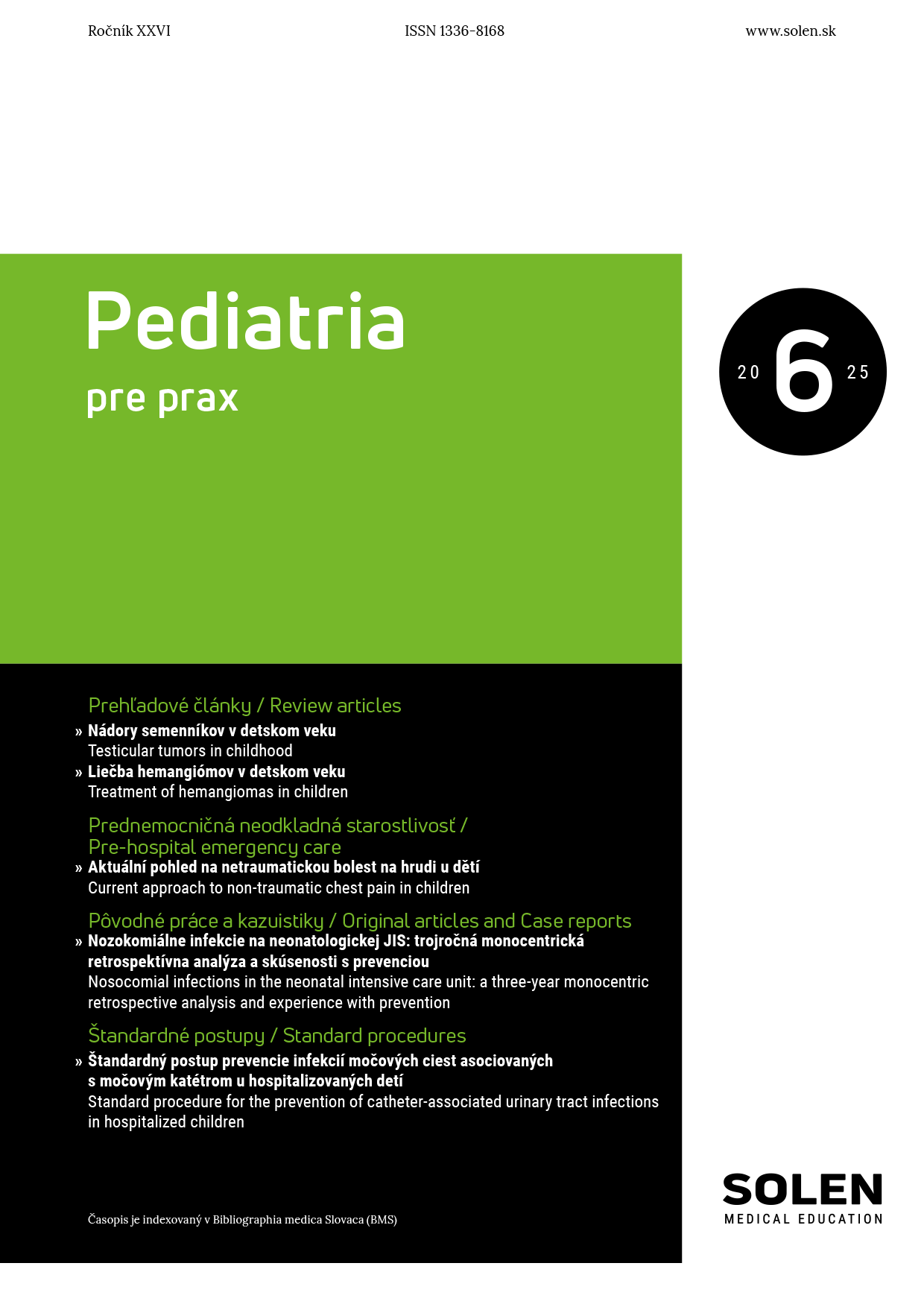Psychiatria pre prax 4/2022
Schizophrenia and intestinal microbiome
Schizophrenia is a serious psychotic illness associated with the risk of social and physical devastation. The etiology of schizophrenia remains partially unclear. The basic treatment for schizophrenia is the administration of antipsychotics, possibly in combination with selected psychosocial interventions. However, current therapeutic options do not address all aspects of the disorder completely satisfactorily. It has been growing lately interest in the relationship between intestinal microbiome and mental health, including schizophrenia. This overview presents the current results of research on dysbiosis in schizophrenia and discusses whether the presumed dysbiosis could fit into the known hypotheses of its pathogenesis with a focus on inflammation, tryptophan metabolites, and levels of brain-derived neurotrophic factor (BDNF). Furthermore, the clinical potential of intestinal microbiome manipulation by probiotics and prebiotics is critically evaluated as possible additional treatment. Current data on microbiome changes in schizophrenia are highly controversial. It is not known whether there are changes in the microbiome associated with an increased risk of disorder or these are only the result of external factors.
Keywords: schizophrenia, intestinal microbiome, antipsychotics, inflammation

















